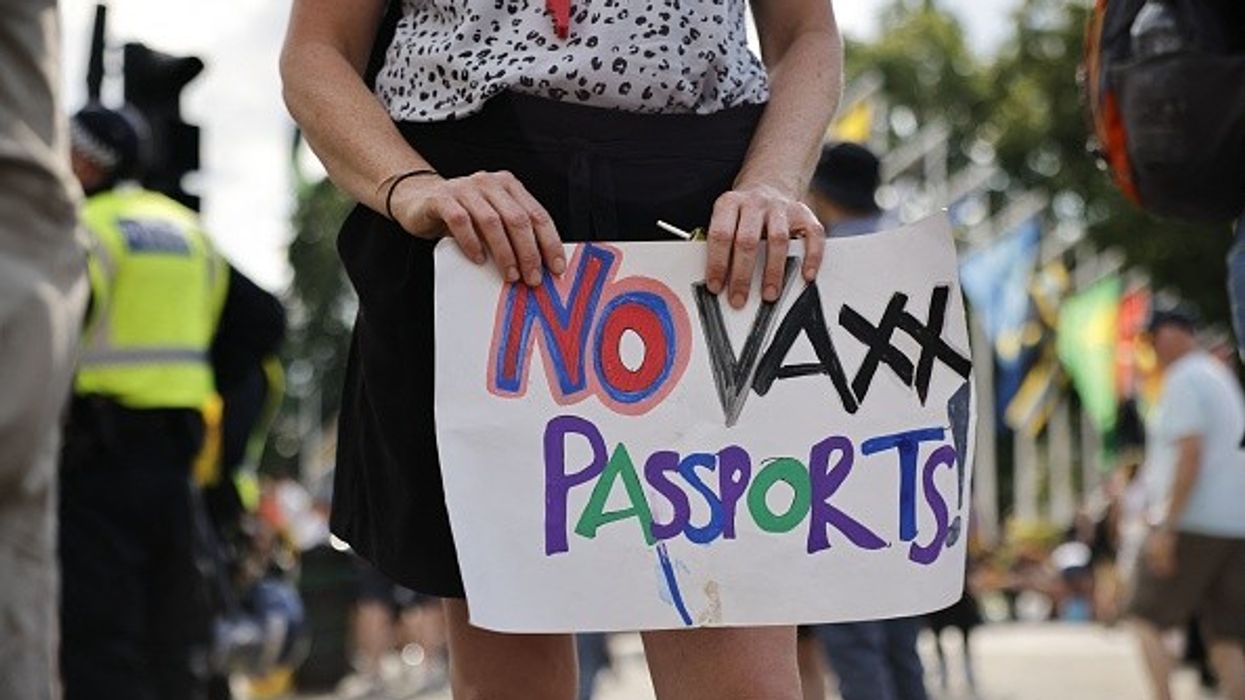UK prime minister Boris Johnson has been accused of bringing in Covid vaccine passport “by stealth”, due to which he might be facing a hard time ahead, including a mini-rebellion from more than 50 Tory MPs, claimed media reports on Friday (30), adding that Liberal Democrats have called for scrapping the Covid passes or at least allow MPs to debate them in Parliament.
The government is under the allegation of introducing Covid passports into Britons' phones “by stealth” after the NHS App was updated with 'domestic' and 'travel' options to help them prove their vaccination status. Media reports claimed that the government has signed a 12-month contract with a company to provide Covid passport technology.
Condemning the move, the Liberal Democrats party has reportedly claimed that the UK government has introduced a new form of Covid certification onto Briton’s phones without seeking MPs consent. The party has demanded a debate on the issue in the parliament.
In a letter to Johnson, party leader Sir Ed Davey accused him of introducing “Covid ID cards onto the nation’s phones by stealth – without even a whisper from ministers or any scrutiny in parliament”, reports said.
Many Conservatives too are prepared to rebel against the “completely unnecessary, bureaucratic and unworkable” proposals, with as many as 50 MPs threatening to vote against the plan if they go to a vote, reports said.
Previously, NHS App users were given the choice of using the app to show their vaccination status for foreign travel, or at one of the government’s pilot sporting events such as EURO 2020.
The government reportedly wants to bring in compulsory Covid vaccination certification for nightclubs and other large crowded venues by the end of September- something which many backbench Tory MPs, as well as Liberal Democrats, were opposing. Hospitality industry chiefs are also reportedly opposing the idea of a mandatory Covid passport.
One senior Tory MP said there is “almost universal objection” in the party to the plans, with South Thanet MP Craig Mackinlay branding the passports a “massive change to the relationship between the state and the individual” that might be a “very dangerous step”, reports said.
“The policy would discriminate against the young, against those who have medical or ethical reasons why they can't be vaccinated and many ethnic minority groups,” Sir Graham Brady, chairman of the 1922 Committee of backbench Tories recently told Sky News.
Johnson has earlier said that proof of double-vaccination will be required at such venues – but also promised voting on any such change in rules, reports said.




